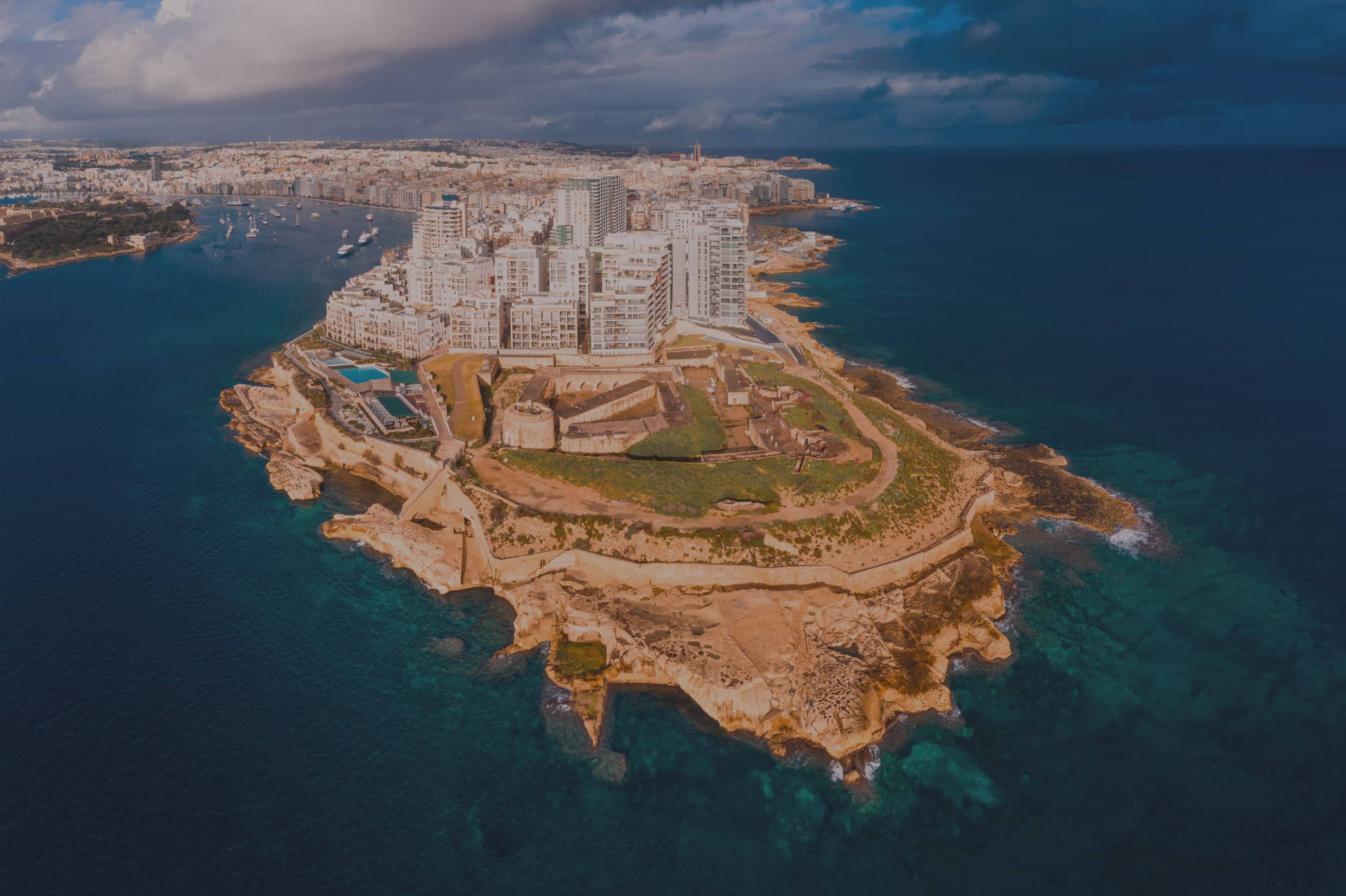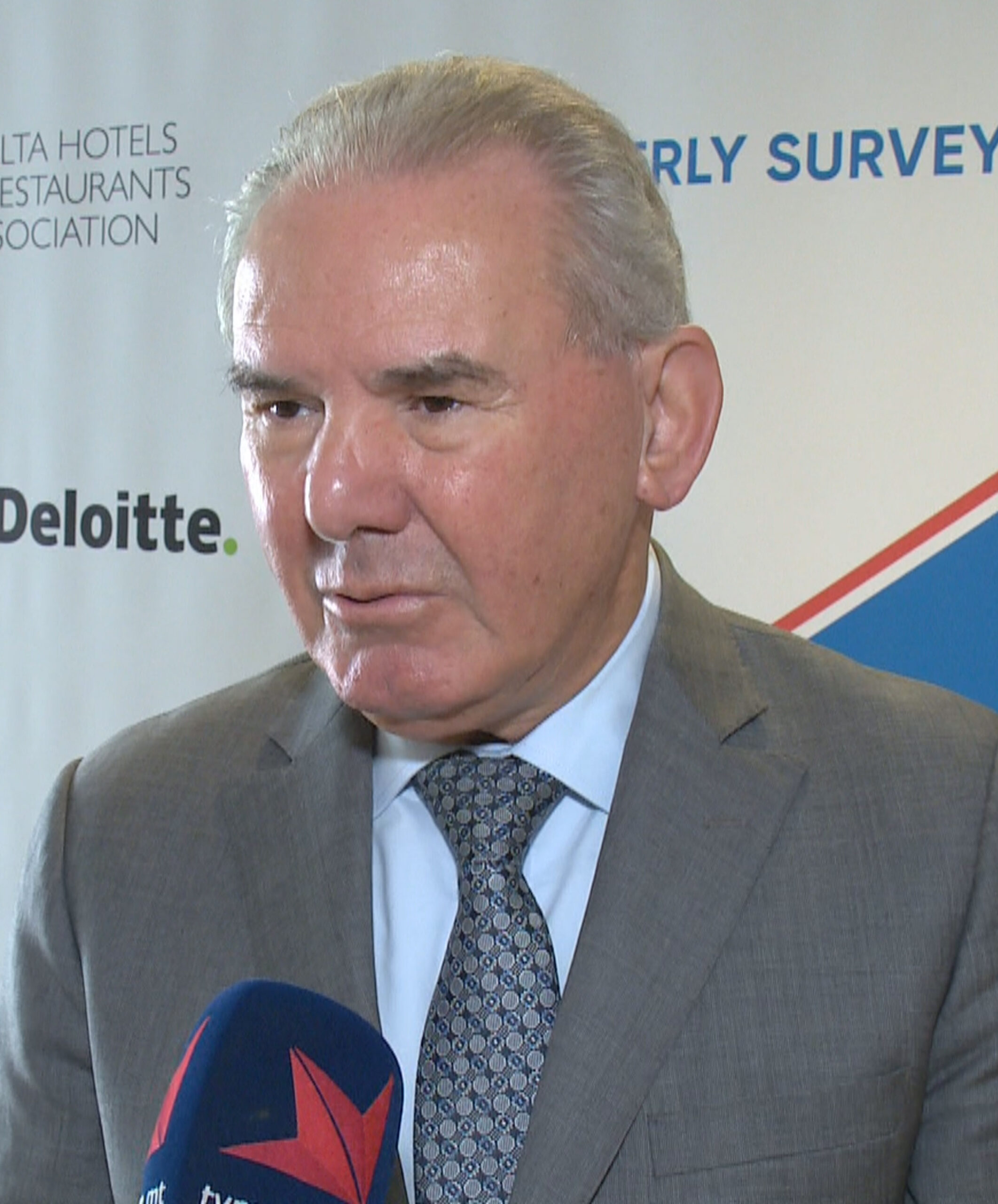
Towards a Better Managed Tourism
January 7, 2025

Vintage Twenty-Twenty Four
January 4, 2025
The Local Master of Refrigeration
January 9, 2025Article written by Tony Zahra, President of the Malta Hotels Restaurants Association.
As part of a global trend of increasing tourism, Malta has rightly positioned itself as a competitive and resilient player in the industry, enjoying the widespread economic benefits that come with high visitor numbers.
However, this success has not come without its challenges, frequently described by the term "overtourism." While acknowledging the pressures sustained by the tourism sector, it is essential to clarify that the solution lies not in curbing tourism but in better managing it.
Reframing the Overtourism
Discourse The term "overtourism" suggests that destinations are overwhelmed by exceeding destination capacity, leading to environmental degradation and a decline in the quality of life for residents.
This view, while not entirely unfounded, oversimplifies a complex issue. Instead of framing the problem as an outright excess, we should emphasize the necessity of managing tourist numbers effectively. The key is not to halt tourism but to refine our approach to ensure sustainable practices that benefit both visitors and the local community.
The Importance of Managing Numbers
While it is true that Malta cannot continue to experience unbridled growth in visitor numbers without consequence, it’s crucial to manage these numbers intelligently rather than restrict them arbitrarily. By focusing on better returns against costs and ensuring that tourism contributes to the well-being of Maltese citizens, we can paint a balanced picture of what successful tourism looks like.
The aim should not be to suppress the tourism industry but to enhance its value. This involves not just managing the volume of visitors but ensuring that they contribute positively to the economy. The gauge for success must be the standard of living for Malta's citizens and the overall health of the economy. By balancing the influx of tourists with local needs, we can create a sustainable model that benefits all stakeholders.
Focus on Sustainable Returns
In reimagining how tourism operates in Malta, we must embrace sustainable practices that promote better returns for every Euro spent. This means exploring avenues such as higher-value tourism experiences that attract visitors willing to spend more on cultural, gastronomic, and eco-friendly activities. By focusing on quality over quantity, we can maximize benefits without compromising the local environment and community.
For instance, by targeting markets that appreciate cultural heritage or natural beauty, we can reduce the adverse effects of mass tourism. This approach allows Malta to curate a more engaged visitor experience while diminishing stress on resources and infrastructure Importantly, the focus must remain on outcomes that elevate local well-being, including job creation and income generation for residents.
A Holistic Approach: Collaboration and Community Engagement
Achieving this balance requires a holistic approach that involves collaboration between both the public and private sectors. Together, we can develop frameworks that regulate visitor distribution throughout the year, ensuring that peak seasons do not overwhelm certain areas while off-peak periods remain underutilized. Strategic initiatives, such as promotional campaigns for off-peak travel and the diversification of attractions across the islands, can help address congestion and promote broader economic benefits.
Engaging local communities in the tourism conversation is equally vital. By ensuring that residents have a say in how tourism is managed, we can cultivate mutual respect and understanding. This creates a welcoming atmosphere for visitors while enhancing residents’ quality of life, ultimately fostering a sense of ownership among locals.
The Future of Tourism in Malta
As Malta navigates the future of its tourism sector, it is clear that managing numbers does not equate to suppressing the industry. Tourism will remain an essential economic contributor, but it must do so within a framework of responsibility and sustainability. Maltese citizens should experience the benefits of tourism not just as business owners and employees but as integral stakeholders in a system designed to elevate their standard of living.
Our goal should be to craft a strategy that respects the needs of our environment, the culture, and most importantly, the people of Malta. Effective tourism management involves innovative thinking, continuous assessment, and a concerted effort to adapt to an ever-changing landscape. By embracing better-managed tourism, we can ensure that the rich heritage and natural beauty of Malta continue to shine brightly, benefiting both visitors and residents alike for generations to come.
Indeed, the path forward is clear: Malta must prioritize better management of tourism, striking a balance between economic growth and the well-being of its citizens. By approaching the challenges with foresight and intention, we can drive tourism as a vehicle for sustainability, that creates prosperity for all.
Malta has long been recognized as a top travel destination, celebrated for its stunning landscapes, rich history, and vibrant culture.
As part of a global trend of increasing tourism, Malta has rightly positioned itself as a competitive and resilient player in the industry, enjoying the widespread economic benefits that come with high visitor numbers.
However, this success has not come without its challenges, frequently described by the term "overtourism." While acknowledging the pressures sustained by the tourism sector, it is essential to clarify that the solution lies not in curbing tourism but in better managing it.
Reframing the Overtourism
Discourse The term "overtourism" suggests that destinations are overwhelmed by exceeding destination capacity, leading to environmental degradation and a decline in the quality of life for residents.
This view, while not entirely unfounded, oversimplifies a complex issue. Instead of framing the problem as an outright excess, we should emphasize the necessity of managing tourist numbers effectively. The key is not to halt tourism but to refine our approach to ensure sustainable practices that benefit both visitors and the local community.
The Importance of Managing Numbers
While it is true that Malta cannot continue to experience unbridled growth in visitor numbers without consequence, it’s crucial to manage these numbers intelligently rather than restrict them arbitrarily. By focusing on better returns against costs and ensuring that tourism contributes to the well-being of Maltese citizens, we can paint a balanced picture of what successful tourism looks like.
The aim should not be to suppress the tourism industry but to enhance its value. This involves not just managing the volume of visitors but ensuring that they contribute positively to the economy. The gauge for success must be the standard of living for Malta's citizens and the overall health of the economy. By balancing the influx of tourists with local needs, we can create a sustainable model that benefits all stakeholders.
Focus on Sustainable Returns
In reimagining how tourism operates in Malta, we must embrace sustainable practices that promote better returns for every Euro spent. This means exploring avenues such as higher-value tourism experiences that attract visitors willing to spend more on cultural, gastronomic, and eco-friendly activities. By focusing on quality over quantity, we can maximize benefits without compromising the local environment and community.
For instance, by targeting markets that appreciate cultural heritage or natural beauty, we can reduce the adverse effects of mass tourism. This approach allows Malta to curate a more engaged visitor experience while diminishing stress on resources and infrastructure Importantly, the focus must remain on outcomes that elevate local well-being, including job creation and income generation for residents.
A Holistic Approach: Collaboration and Community Engagement
Achieving this balance requires a holistic approach that involves collaboration between both the public and private sectors. Together, we can develop frameworks that regulate visitor distribution throughout the year, ensuring that peak seasons do not overwhelm certain areas while off-peak periods remain underutilized. Strategic initiatives, such as promotional campaigns for off-peak travel and the diversification of attractions across the islands, can help address congestion and promote broader economic benefits.
Engaging local communities in the tourism conversation is equally vital. By ensuring that residents have a say in how tourism is managed, we can cultivate mutual respect and understanding. This creates a welcoming atmosphere for visitors while enhancing residents’ quality of life, ultimately fostering a sense of ownership among locals.
The Future of Tourism in Malta
As Malta navigates the future of its tourism sector, it is clear that managing numbers does not equate to suppressing the industry. Tourism will remain an essential economic contributor, but it must do so within a framework of responsibility and sustainability. Maltese citizens should experience the benefits of tourism not just as business owners and employees but as integral stakeholders in a system designed to elevate their standard of living.
Our goal should be to craft a strategy that respects the needs of our environment, the culture, and most importantly, the people of Malta. Effective tourism management involves innovative thinking, continuous assessment, and a concerted effort to adapt to an ever-changing landscape. By embracing better-managed tourism, we can ensure that the rich heritage and natural beauty of Malta continue to shine brightly, benefiting both visitors and residents alike for generations to come.
Indeed, the path forward is clear: Malta must prioritize better management of tourism, striking a balance between economic growth and the well-being of its citizens. By approaching the challenges with foresight and intention, we can drive tourism as a vehicle for sustainability, that creates prosperity for all.

As the major Association in the tourism sector, the MHRA represents the interests of its members on several important national policy making bodies, including the board of the Malta Tourism Authority and all its directorates, the Institute of Tourism Studies and the Malta Council for Economic and Social Development.
For more information visit https://mhra.org.mt
Click here to see Horeca Issue 18 online



